SOUTH SUDAN ANNIVERSARY: If Nelson Mandela was President
I unconsciously smile whenever I lay eyes on an outdated map of our old heart-shaped Sudan, a romantic shape that does not reflect its heartbreaking reality. This usually sends my mind on a journey, and in one such journey, I pictured Nelson Mandela as the president of the Sudan, both Sudans.
If Madiba, as he’s lovingly called by his clan, was our president, would we have fought and killed over 2 million people? Would we have displaced over 4 million others? We are a “rainbow nation” too; one with lots of oil and natural resources. So what has Madiba done to bring his people together that we couldn’t do?
South Sudan would have had the right to self-rule and been exempted from specified laws that do not apply to them. They would have had their own state laws and policies, courts and institutions that are suited to their culture, beliefs and value systems.
Mandela believes that “education is the most powerful weapon which you can use to change the world”. He would have considered South Sudan’s dismal literacy rate of 27% as a personal failure on his part, and would have worked to build schools in all parts of the country.
Sudan, both north and south, is rich with colorful, and often contrasting, tribal cultures. Mandela would have effortlessly promoted each cultural tradition as sources of pride for the country. We would have celebrated the myriad of languages spoken in the Sudan, making the most wide spread language official, and teaching the others in cultural centers or elementary schools of their respective regions. It would have agonized Mandela to hear the word “abd” (slave) or “insects” used so freely and without remorse. He would have sternly addressed this issue with a state law, similar to South Africa’s Act No. 4 of 2000 “Promotion of Equality and Prevention of Unfair Discrimination Act”, with clear clauses prohibiting hateful speech, turning previously “common” offensive terms into outlawed racial and ethnic slurs that now send shudders down people’s spines if heard.
I also imagine Mandela urging those of us in the South to love the North, despite its faults and transgressions, encouraging us to turn the other cheek. He would have told us to wish them well, as he himself had wished well one of his brutal prison guards after more than two decades of imprisonment.
The past eleven months of South Sudan’s independence have been far from peaceful, neither with itself nor with its older sister. South Africa’s Archbishop and Nobel laureate Desmond Tutu, in his visit to South Sudan on the occasion of its first anniversary of independence, asked Salva Kiir and the South Sudanese one question: “What difference does it make to be independent, and continue to be poor?”
Imagine the difference it would make if our children in the Sudans were taught in schools about Mandela’s struggle and success. Although it may seem to us now that it is too late to bring about change, remember what Madiba himself once said: “It always seems impossible until it’s done”.

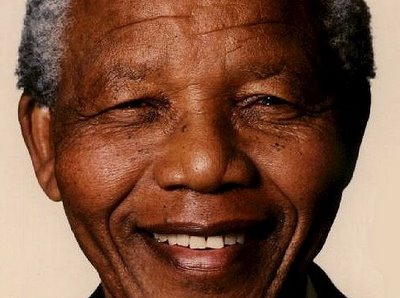
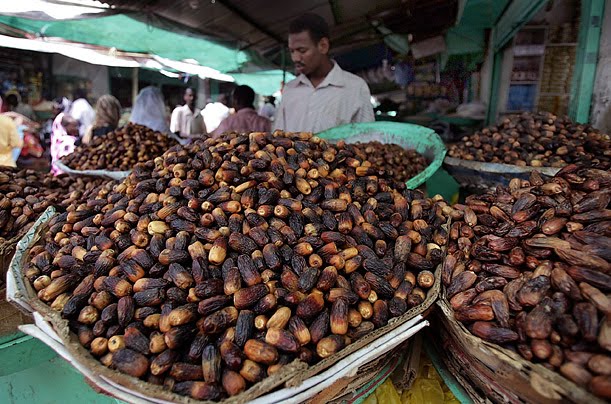
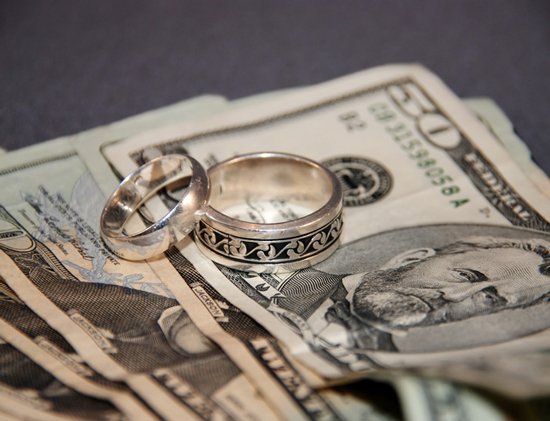
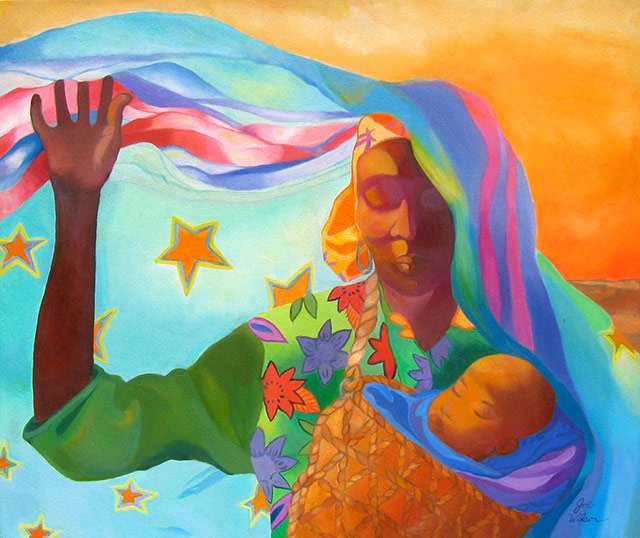
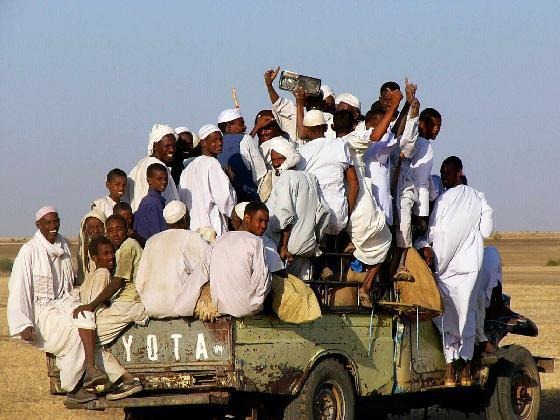
Greed, segregation, discrimination, oppression, marginalization, tribalism, nepotism, corruption and ignorance remain the root causes of the misery that South Sudan and Sudan have suffered and still face.
Well written Tayseer. Unfortunately, the likes of Mandela are far and few between, which is what makes them special and stand out in this world. Also the chances of such a character coming to power, are even slimmer.
The current regime in Sudan has relied on fear tactics and brain washing as a method of ruling (and dividing), rather than ruling with love like Mandela did. And the South Sudanese are still behaving as rebels, rather than as a sovereign nation. Still trying to get revenge and act like a stupid child that holds their breath until they get what they want.
The Sudanese government understands that educating the masses will only make the people realise how stupid the government is, so it is not to their benefit to let the people learn. Rather let them remain ignorant so they can get away with their atrocities, and make the people run after their next meal to keep them focused on themselves rather than the nation.
The South Sudanese government are still hungry and trying to feed their insatiable desires for wealth, and will not invest anything in their nation until they are some what satisfied. An example of that is the $4 BILLION dollars that has disappeared. How can you expect a nation to be built, when its leaders can only think of themselves.
Madibo thought of SA as his family and is considered the father of current day SA. We too, need a fatherly figure as a leader for our nation that we can look up to, rather than a dancing joker that makes a fool of himself and us. Until such a leader arrives, we will continue to remain in this whirlpool of misery.
@Ahmed: I was once having dinner with a group of friends discussing transition of dictatorship states to democracy, the first thing everyone agreed on was this: “If I were a dictator, the FIRST thing I’d want deteriorated to maintain my power, is education”.
@Akim Mugisa: True, all that. South Africa’s apartheid era was a dark chapter in the history of mankind. Resolving that and overcoming the strong temptation of revenge comes with massive discipline and vision. Bringing about equality and justice is still work in progress, since 1994 in SA. It’s very recent since the African National Council took office, many whites have been attacked, raped, killed or robbed by acts of vengeance – If you’re interested in the topic, I recommend a very good read, the novel “Disgrace” by JM Coetzee (South African novelist and recipient of Nobel prize in Literature in 2003). But imagine the repercussions if such acts were in fact “expected” or “endorsed” or worse, “ignored” by Mandela, as an extremely normal result of transition? What would’ve been the state of South Africa today if THEY had, uhmmm, say (from the top of my head)… Al-Bashir for president???!!
Just food for thought.